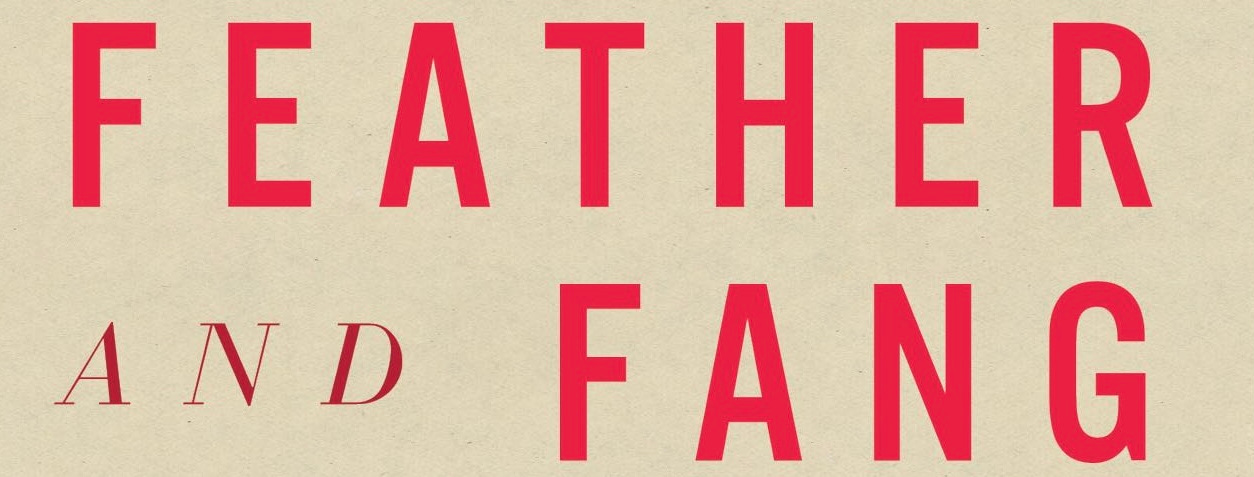
Of Feathers and Fangs
A place for writers, thinkers, doubters, and do-ers. Let's dig deep and take flight.
By registering you agree to Substack's Terms of Service, our Privacy Policy, and our Information Collection Notice

A place for writers, thinkers, doubters, and do-ers. Let's dig deep and take flight.